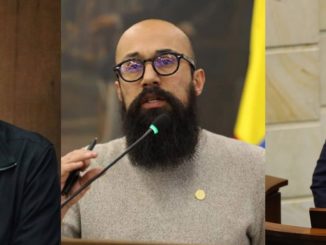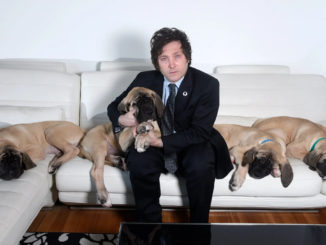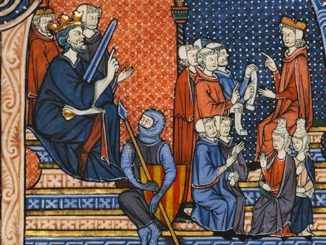
The consolidation of this structure involves broadening the base of these auxiliary organizations, whose main efforts should be devoted to a constant and tireless cultural and educational apostolate, with an eminent regionalist vocation, which will allow the rescue and dissemination of the bibliographical and documentary treasure that the history of Carlism has left behind and that the heavy slab of ostracism still hides. It is this cultural work that can generate more adherence to a Cause with which all Spanish and Hispanic Americans can identify, bearing in mind that in Carlism there are no newcomers, but new returnees.
The fruits of this work are to be found in two fundamental areas, which we will call civil and academic. In the academic sphere, the political history of Carlism connects with the great philosophical and juridical questions that have preoccupied what is already known as the school of Christian Public Law. One often hears laments about the «intellectualization» of traditionalism in this regard. However, we should consider such «intellectualization» as a providential sign that, far from arousing our misgivings, should serve to encourage study and foster a healthy school spirit that engenders rootedness in the realms of knowledge and connects us with the best Spanish intellectual tradition. The efforts of all those Carlists who feel called to this academic work should be directed towards making the TC a space for meetings and relationships that allow us to take advantage of the maximum possible influences to occupy a dominant space in the University and in all the cultural and educational institutions that serve this purpose. To this effect, we can evoke the Council of Culture that the TC set in motion during the Second Republic. This is a task that, if well coordinated, and provided it is capable of expurgating heterodoxies and avoiding doctrinal infiltrations, can bring immense benefits to a political cause that claims to be the practical materialization of this intellectual tradition. Nor should we underestimate the possibilities of influence still offered by university deanships and rectorates and any other positions of academic representation that may be disputed through an intelligent policy of candidacies undertaken by the TC in this field.
As for the civil sphere, which is much broader than the academic one, political action must be directed on two important fronts, which together, once the TC structure is consolidated, should result in a considerable apparatus of relations and influences: intermediate bodies and independent political candidacies. With regard to the former, the practical action involves as many institutions as are still practically capable of effectively representing the professional, corporate and business interests against the dominant political parties, which are the great enemies of this kind of representation. Professional associations, business associations, employers’ associations, independent trade unions, mutual societies, etc., are all institutions capable of providing political representation that truly contributes to the common good, and with which all Carlists must cooperate prudently and according to their circumstances, preventing them from becoming branches of established parties and powers. It is also of interest in this area of intermediate bodies to promote cooperativism, especially in two strategic sectors: agricultural cooperativism and credit cooperativism. In general, everything that leads to a greater fragmentation and autonomy of the powers and nerve centers of decision making outside the parties and the big financial circles is always worth promoting. In this respect, a constant work of pedagogy is necessary, which finally leads us to the field of independent candidacies in the strictly electoral-territorial sphere.
Political parties are legally configured as centralizing powers that constitute an oligarchic regime that deforms the representation of territorial interests and ideologizes public opinion, ascribing to predetermined worldviews of reality, while at the same time making available through the electoral process issues that should not be available to voters. It is therefore important to carry out a practical action in support of independent candidacies with a strictly territorial vocation that are not configured as instruments at the service of a worldview and that avoid monopolizing the centers of decision making. To work for the creation of a vast network of this type of candidacies and to collaborate in their federation is a task that can contribute to the common good for which Carlists struggle, a task that necessarily correlates with the one mentioned in the previous paragraph and that must serve to «de-ideologize» public opinion.
The result of these lines of action, and as many similar ones as can be imagined in all areas of academic and civil life, is a global action that, without ceasing to contribute to the common good, positions the Traditionalist Communion as a pressure group capable of coordinating initiatives in all the areas described above, in order to guarantee the ideal conditions for the subsequent restoration of the monarchical principle in all its legitimacy, the ultimate and fundamental objective of Carlist political action.
Manuel Sanjuán, Círculo Cultural Juan Vázquez de Mella




Deje el primer comentario